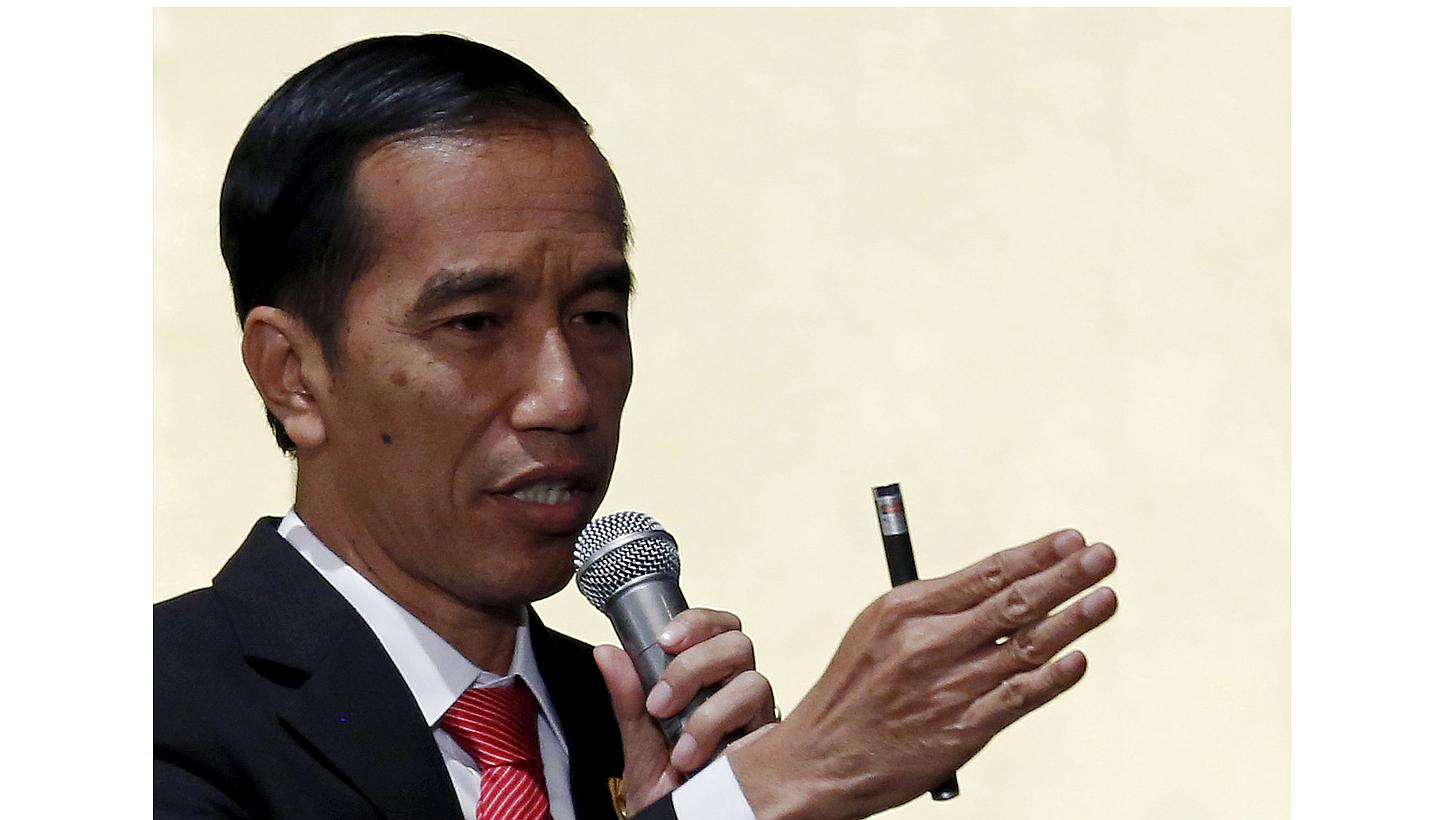Indonesian President Jokowi calls for new, more equal global economic order
He wants domination by groups to end, more say for emerging nations
Sign up now: Get insights on Asia's fast-moving developments

Zakir Hussain, Deputy Political Editor In Jakarta
Follow topic:
INDONESIAN President Joko Widodo yesterday called for a new global economic order that is open to emerging countries and not dominated by any particular group of nations.
Speaking to leaders and officials from more than 100 countries from Asia and Africa in Jakarta, Mr Joko said: "The view that the world's economic problems can be solved only by the World Bank, the International Monetary Fund (IMF) and the Asian Development Bank (ADB) is an obsolete one."
While he did not elaborate on what shape this new order should take, he stressed that it must be open to emerging powers.
"We must push for reform of the global financial architecture, to eliminate the domination of one group of countries over others," he said at the opening of the second Asian-African Summit.
Such domination prevails at the World Bank and the IMF, where European countries and the US have a larger say.
The World Bank, formed in 1944, and the ADB, in 1966, offer funds to countries for development spending and reducing poverty. But many emerging economies have long called for reforms at these two lenders to reflect their growing economic clout.
President Joko's comments underline the significance of China's recent move in setting up an Asian Infrastructure Investment Bank (AIIB), which nearly 60 countries, including Britain, Germany, France and Australia, intend to join.
Prime Minister Lee Hsien Loong also spoke of the need for a new economic order in his interview with Singapore media.
This order was something "which, writ large, we have been looking for for quite some time".
He noted that China's weight in the IMF is less than that of a medium-sized European country, saying: "It doesn't make sense. That has to be updated."
The setting up of AIIB, in which Singapore is participating as a founder member, "is a step in the right direction", he said.
"It won't be the end of the rebalancing or adjustment, but that must have been one of the things President Jokowi would have had in mind," Mr Lee added.
The two-day summit is being attended by about 30 leaders, including Chinese President Xi Jinping and Japanese Prime Minister Shinzo Abe, both of whom flanked Mr Joko at the opening. Mr Xi and Mr Abe later held a rare bilateral meeting.
The summit marks the 60th anniversary of the 1955 Asia-Africa conference in Bandung, a gathering of 29 newly independent countries that inspired independence struggles for many. Mr Joko noted that the struggle against injustice and inequality was far from over and had to be channelled towards expanding trade and investment links and bringing an end to conflicts.
Many other leaders who spoke yesterday also called for a revival of the "Bandung spirit".
Mr Xi sought the creation of a "more just and equitable" international order with more effective institutions and mechanisms.
He said Beijing was committed to the Silk Road Economic Belt and a 21st Century Maritime Silk Road - two projects aimed at improving regional connectivity.
Mr Abe expressed "deep remorse" over World War II, and stressed that peace in the region is important.
"We should never allow to go unchecked the use of force by the mightier to twist the weaker around," he said, in comments some saw as implicitly directed at China, whose rise has created opportunities but also anxieties.
"The wisdom of our forefathers in Bandung was that the rule of law should protect the dignity of sovereign nations, be they large or small," he added.
- SEE TOP OF THE NEWS & OPINION

